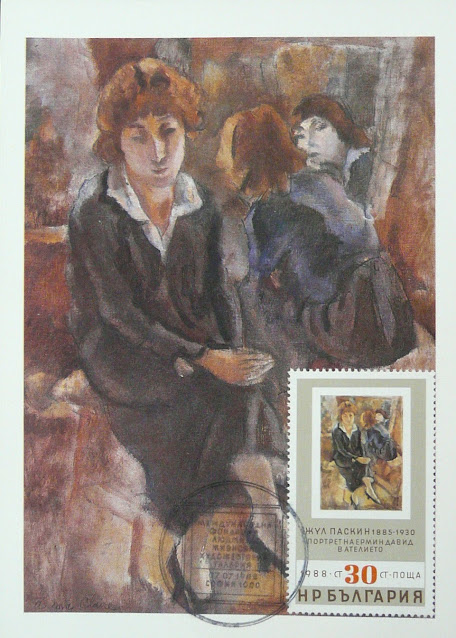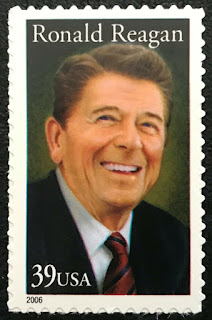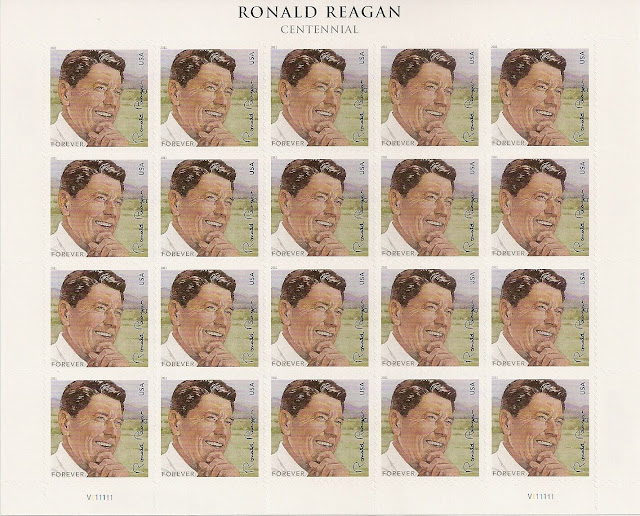Here are some events that happened on June 5th. It could be an event or a person that died or was born on that day
1826 Died: Carl Maria von Weber, German pianist, composer, and conductor (b. 1786)
Carl Maria Friedrich Ernst von Weber (18 or 19 November 1786 – 5 June 1826) was a German composer, conductor, pianist, guitarist and critic, and was one of the first significant composers of the Romantic school.
Weber's operas Der Freischütz, Euryanthe and Oberon greatly influenced the development of the Romantische Oper (Romantic opera) in Germany. Der Freischütz came to be regarded as the first German national opera, Euryanthe developed the Leitmotif technique to an unprecedented degree, while Oberon may have influenced Mendelssohn's music for A Midsummer Night's Dream and, at the same time, revealed Weber's lifelong interest in the music of non-Western cultures. This interest was first manifested in Weber's incidental music for Schiller's translation of Gozzi's Turandot, for which he used a Chinese melody, making him the first Western composer to use an Asian tune that was not of the pseudo-Turkish kind popularized by Mozart and others.
Weber's compositions for clarinet, bassoon, and horn occupy an important place in the musical repertoire. His compositions for the clarinet, which include two concertos, a concertino, a quintet, a duo concertante, and variations on a theme from his opera Silvana, are regularly performed today. His Concertino for Horn and Orchestra requires the performer to simultaneously produce two notes by humming while playing—a technique known as "multiphonics". His bassoon concerto and the Andante e Rondo ungarese (a reworking of a piece originally for viola and orchestra) are also popular with bassoonists.
Weber's contribution to vocal and choral music is also significant. His body of Catholic religious music was highly popular in 19th-century Germany, and he composed one of the earliest song cycles, Die Temperamente beim Verluste der Geliebten (Temperaments on the Loss of a Lover). Weber was also notable as one of the first conductors to conduct without a piano or violin.
Weber's orchestration has also been highly praised and emulated by later generations of composers – Berlioz referred to him several times in his Treatise on Instrumentation while Debussy remarked that the sound of the Weber orchestra was obtained through the scrutiny of the soul of each instrument.
His operas influenced the work of later opera composers, especially in Germany, such as Marschner, Meyerbeer and Wagner, as well as several nationalist 19th-century composers such as Glinka. Homage has been paid to Weber by 20th-century composers such as Debussy, Stravinsky, Mahler (who completed Weber's unfinished comic opera Die drei Pintos and made revisions of Euryanthe and Oberon) and Hindemith (composer of the popular Symphonic Metamorphosis of Themes by Carl Maria von Weber, based on lesser-known keyboard works and the incidental music to Turandot).
Weber also wrote music journalism and was interested in folksong, and learned lithography to engrave his own works.
East and West German stamps depicting Weber
1930 Died: Pascin, Bulgarian-French painter and illustrator (b. 1885)
Julius Mordecai Pincas (March 31, 1885 – June 5, 1930), known as Pascin, Jules Pascin, or the "Prince of Montparnasse", was a Bulgarian artist known for his paintings and drawings. He later became an American citizen. His most frequent subject was women, depicted in casual poses, usually nude or partly dressed.
Pascin was educated in Vienna and Munich. He traveled for a time in the United States, spending most of his time in the South. He is best known as a Parisian painter, who associated with the artistic circles of Montparnasse, and was one of the emigres of the School of Paris. Having struggled with depression and alcoholism, he committed suicide at the age of 45.
Bulgarian maximum card featuring Jules Pascin's portrait of his wife
2004 Died: Ronald Reagan, American actor and politician, 40th President of the United States (b. 1911)
Ronald Wilson Reagan (February 6, 1911 – June 5, 2004) was an American politician who served as the 40th president of the United States from 1981 to 1989 and became a highly influential voice of modern conservatism. Prior to his presidency, he was a Hollywood actor and union leader before serving as the 33rd governor of California from 1967 to 1975.
Reagan was elected governor of California in 1966. As governor, Reagan raised taxes, turned a state budget deficit to a surplus, challenged the protesters at the University of California, ordered in National Guard troops during a period of protest movements in 1969, and was re-elected in 1970. He twice ran unsuccessfully for the Republican presidential nomination, in 1968 and 1976.
In 1980, Reagan won the Republican presidential nomination and defeated the incumbent president, Jimmy Carter. At 69 years, 349 days of age at the time of his first inauguration, Reagan was the oldest person to assume the U.S. presidency, a distinction he held until 2017, when Donald Trump was inaugurated at age 70 years, 220 days. Reagan faced former vice president Walter Mondale when he ran for re-election in 1984 and defeated him, winning the most electoral votes of any U.S. president, 525, or 97.6% of the 538 votes in the Electoral College. It was the second-most lopsided presidential election in modern U.S. history after Franklin D. Roosevelt's 1936 victory over Alfred M. Landon, in which he won 98.5%, or 523, of the (then-total) 531 electoral votes.
Soon after taking office as president, Reagan began implementing sweeping new political and economic initiatives. His supply-side economic policies, dubbed "Reaganomics", advocated tax rate reduction to spur economic growth, economic deregulation, and reduction in government spending. In his first term, he survived an assassination attempt, spurred the War on Drugs, invaded Grenada, and fought public sector labor unions. Over his two terms, the economy saw a reduction of inflation from 12.5% to 4.4% and an average real GDP annual growth of 3.4%. Reagan enacted cuts in domestic discretionary spending, cut taxes, and increased military spending, which contributed to increased federal debt overall. Foreign affairs dominated his second term, including the bombing of Libya, the Iran–Iraq War, the Iran–Contra affair, and the ongoing Cold War. In June 1987, four years after he publicly described the Soviet Union as an "evil empire", Reagan challenged Soviet General Secretary Mikhail Gorbachev to "tear down this wall!", during a speech at the Brandenburg Gate. He transitioned Cold War policy from détente to rollback by escalating an arms race with the USSR while engaging in talks with Gorbachev. The talks culminated in the INF Treaty, which shrank both countries' nuclear arsenals. Reagan began his presidency during the decline of the Soviet Union, which ultimately collapsed nearly three years after he left office.
When Reagan left office in 1989, he held an approval rating of 68%, matching those of Franklin D. Roosevelt, and later Bill Clinton, as the highest ratings for departing presidents in the modern era. He was the first president since Dwight D. Eisenhower to serve two full terms after the five prior presidents did not. Although he had planned an active post-presidency, Reagan disclosed in November 1994 that he had been diagnosed with Alzheimer's disease earlier that year. Afterward, his informal public appearances became more infrequent as the disease progressed. He died at home on June 5, 2004. His tenure constituted a realignment toward conservative policies in the United States, and he is an icon among conservatives. Evaluations of his presidency among historians and the general public place him among the upper tier of American presidents.
US Stamps depicting Reagan






No comments:
Post a Comment